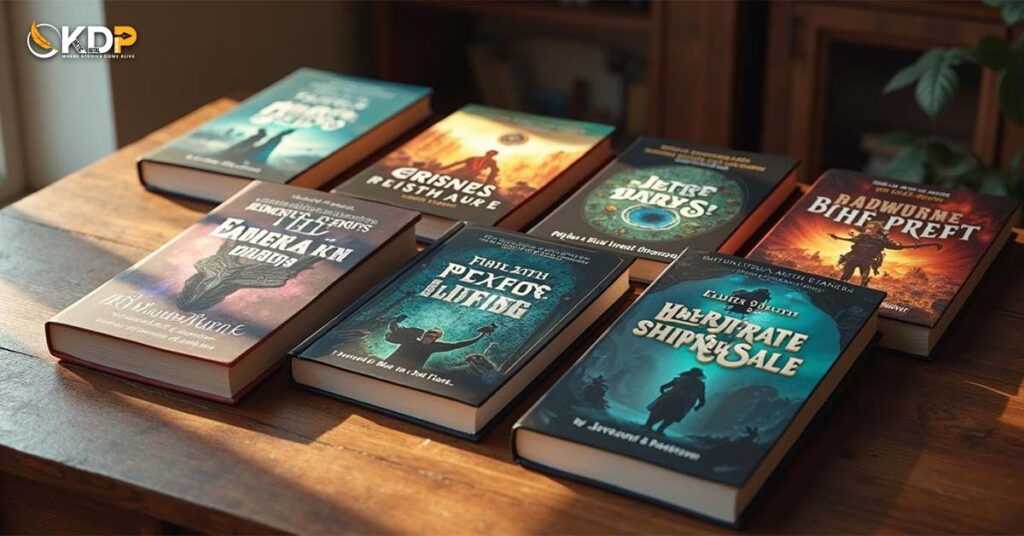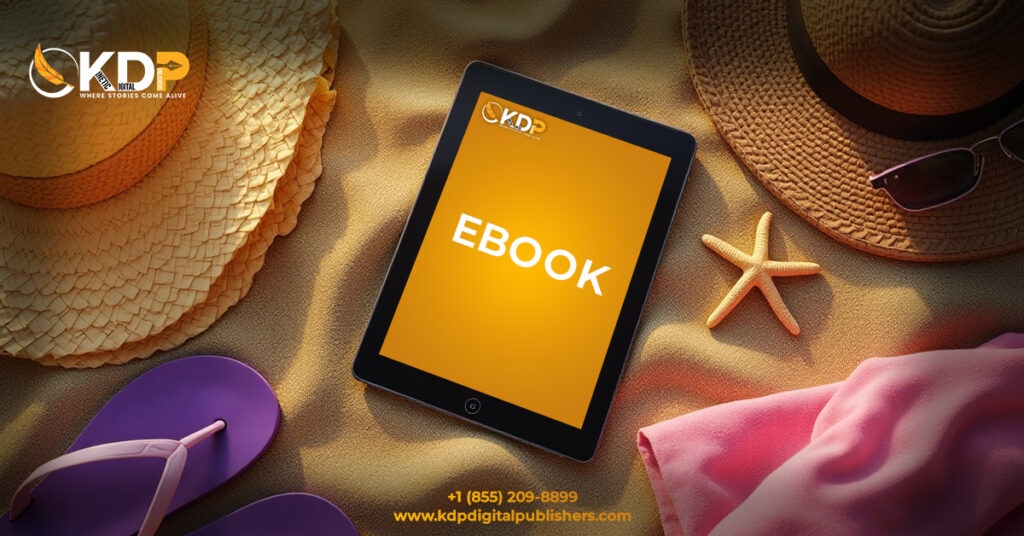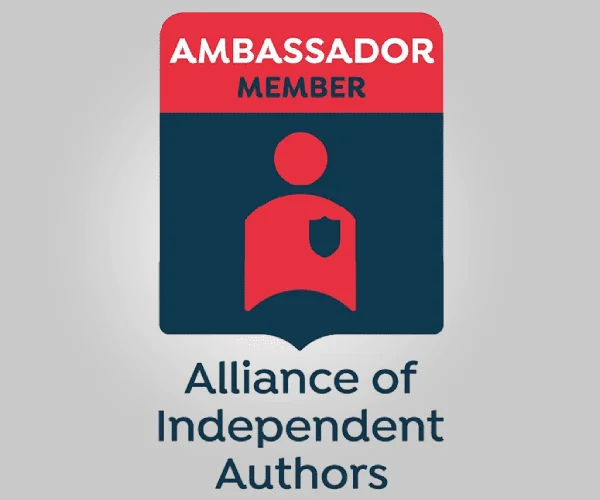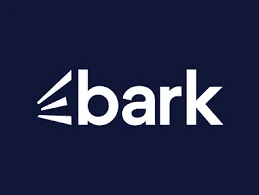Smart Book Advertising Tips
If we’re being real, writing a book is only half the battle. For most authors, the real challenge begins afterwards, once the book is out for the whole world to see and judge. That’s where the art (and science) of advertising a book comes in. You might be wondering, “How do I promote my book without draining my wallet or losing my mind?” Or more importantly, “How do I advertise a book and actually make money from it?”
What if you were told that you’re not the only one asking all these questions. In fact, hundreds and thousands of authors out there publish great content every year, but most don’t know how to move copies, let alone generate consistent income. So let’s fix that.
Publicity or Book Ads? Which One Sells More Books?
Editing your book manuscript to perfection isn’t always enough, especially since you know that your book is accessible to everyone out there, and with that reality, one question keeps bugging you: Should you focus on publicity or book advertising to drive sales? Many indie and traditionally published authors struggle with this because publicity feels raw and organic, but at the end of the day, it’s unpredictable. On the other hand, advertising is heavy on the wallet, but there’s no doubt that it offers you control. So, which one is better? Let’s figure it out!
What Is Book Publicity?
Book publicity is the kind of promotion you don’t pay for, but it can go a long way if you play it right. It’s all the exposure you get through media, bloggers, influencers, and content creators who talk about your book because they actually want to, not because you handed them cash. This can look like you being interviewed on a podcast or getting a guest spot on a radio show where you talk about your book, your writing journey, or what makes your story worth reading. It also includes reviews in blogs, magazines, or online publications that feature books in your genre.
Think of it as word-of-mouth, but on steroids. If your book lands on Bookstagram or BookTok thanks to an excited reader or influencer, that’s publicity doing its thing. Same goes for press releases that get picked up by newspapers or literary sites, or guest articles you write for platforms with a built-in audience.
Book Advertising or Publicity?
The honest answer depends on what you’re actually after.. If you need a quick boost in sales or you’re trying to figure out how to make money with book campaigns that pay off fast, then book advertising wins hands down. Ads give you control; you choose the budget, the audience, and the timing. You know exactly how much you’re spending and how many copies you’re selling. It’s trackable, it’s targeted, and when done right, it works. But if your goal is to build long-term credibility, get your name circulating in the right spaces, and create trust that sticks, then publicity has the upper hand. Being featured on a big podcast, landing a spot in a magazine, or going viral on BookTok, those things can massively boost your reach, but you could also end up with nothing.
What Successful Authors Are Doing in 2025
In 2025, the authors who are actually selling books and building real careers aren’t picking between book advertising and publicity. Surprisingly, they’re using both, and they’re doing it on purpose. They run ads to take control of their launches, reach the right readers, and keep sales flowing. At the same time, they chase publicity by getting on podcasts, landing features on BookTok or Bookstagram, writing guest posts, all to build credibility and get their name out there.
A nonfiction author might do an interview to stir up interest and then follow it with retargeting ads to seal the deal. A fantasy author might run Amazon ads to climb the charts, then use that momentum to get featured on a popular blog. That’s how it works. If you’re serious about learning how to make money with book promotion, stop thinking it’s either this or that. It’s both, done smart, done together, and done with a goal.
Where to Promote Your Book Online for Maximum Reach
If you want your book to actually sell, not just sit on Amazon with a pretty cover, you need more than hope. There are millions of books on the market right now, and most of them are invisible. Not because they suck, but because no one knows they exist. Now let’s quickly take a look at a few strategies that can help with book advertising.
1. Amazon Ads (KDP/AMS)
Let’s start with the obvious. If you’ve published through Amazon, this is your home turf. Amazon Ads let you target people actively searching for books, by genre, keyword, author name, or even book categories. That’s insanely powerful. You’re not casting a wide net, you’re aiming straight at readers with credit cards in hand. For any book advertising author, Amazon is your first battlefield. It’s trackable, scalable, and, when optimized right, gives you the kind of ROI that makes writing full-time possible.
2. Facebook & Instagram Ads
You can run super-specific campaigns based on interests, behaviors, demographics, even people who’ve visited your website or interacted with your posts. Want to know how to promote a book to fans of Colleen Hoover or Neil Gaiman? This is how. Plus, visuals matter here, so if you have a great book cover or review quote, put it to work in your ads. A solid book advertisement on Facebook or Instagram can drive major traffic if you play it smart.
3. BookBub Ads
BookBub has a massive base of genre-hungry readers, and its ad platform lets you target by author or category. Your fantasy novel can show up in front of readers who already love Brandon Sanderson. That’s the kind of niche exposure most platforms can’t offer. It’s pay-to-play, sure, but if you’re looking for where advertising a book can move the needle fast, BookBub is high on the list.
4. TikTok & BookTok
I know, but don’t roll your eyes just yet. TikTok isn’t just teenagers dancing, it’s a goldmine for book promotion. #BookTok has made backlist titles explode in popularity. If you (or someone else) can create short, emotional, or funny content around your book, you’re tapping into one of the most viral book-loving communities online. Even if you’re not into making content, collaborating with micro-influencers here can stretch your reach big time. This is the modern answer to “word of mouth.”
5. Author Website & Email Marketing
If you’re not collecting emails, you’re leaving money on the table. Straight up. Your website should be more than a digital business card; it should be a hub that pulls people in and keeps them coming back. Offer a free chapter, bonus content, or even a short prequel in exchange for an email address. Then use that list to promote launches, reviews, discounts, and more.
6. Goodreads
Yes, Goodreads can be chaotic, but it’s still where bookworms go to browse, review, and build their TBR lists. Running a giveaway, claiming your author profile, and engaging with readers here can lead to real visibility. It’s not technically “advertising,” but it’s a great place to plant your book in front of people who live and breathe reading.
7. Niche Facebook Groups & Reddit Communities
Targeted groups, like thriller reader circles, sci-fi book clubs, or indie author networks, can be gold. If you’re respectful, helpful, and not spammy, you can talk about your book naturally, ask for feedback, or drop a link when it fits the convo. Same goes for Reddit, subs like r/books or genre-specific threads are full of engaged readers looking for their next favorite. This is low-cost, high-trust promotion when done right.
Ready to Turn Your Novel into a Real Business?
Let’s get into how to promote your novel with purpose, and turn all that creative effort into real results.
Promote Your Book From Day One
This shouldn’t be a surprise, but for a lot of authors, it is. Far too many writers publish and wait, crossing their fingers and hoping something magical happens. They rely on the “if you build it, they will come” model. But let’s be real: books don’t sell themselves.
If you’re serious about advertising a book and making money off of it, you need to start marketing before your book even drops. Think teasers, email list building, pre-orders, launch buzz. Waiting until months after launch is like showing up to a party after everyone’s gone home.
Book advertising authors who succeed know this: if you want momentum, you need to show up early, often, and with intention. That means budgeting both time and money for your launch, not scrambling to promote when your book’s been collecting dust for six months.
Know Your Genre, And Stay In Your Lane
This is where a lot of authors go off track. You can’t market your book to “everyone.” That’s the fastest way to reach no one. If you’re unsure whether your novel is romantic suspense or contemporary romance, or trying to call it both, you’ll confuse readers. And confused readers don’t buy.
A key part of how to promote a book effectively is understanding where your story fits in the market. That means knowing your genre, knowing your audience, and not diluting your brand by trying to appeal to everyone from teenagers to grandparents.
If your book is Young Adult, market it to that group. Just because someone outside the category might enjoy it doesn’t mean they’re your core reader. Study bestselling books in your niche on Amazon. Read their blurbs. Look at their covers. Ask yourself: does my book match the tone, the category, the audience? If not, that might be why your promotions aren’t converting into sales.
Build Your Author Platform
When people hear the word “platform,” they freeze, but don’t overcomplicate it. Your author platform is just your online presence. It’s how people find you, follow you, and stay connected between books.
At the very least, you need a clean, professional author website. Include a short bio, your book(s), links to purchase, and a way to contact or follow you. It doesn’t need to be fancy, it just needs to be easy to navigate and updated regularly.
Pair that with 1–2 social media platforms where your target readers actually hang out. You don’t need to be everywhere, just active and consistent where it counts. A good platform doesn’t just help with visibility; it helps with credibility. Readers trust authors who show up.
And don’t forget your email list. If you’re figuring out how to make money with book sales long-term, email is gold. Social media algorithms can change.
Optimize Your Amazon Book Page for Conversions
Your Amazon page isn’t just a listing, it’s a sales tool. It’s one of the most important pieces of your overall book marketing strategy, and it has to be built with your ideal reader in mind.
First, your book cover needs to fit your genre. Not just look pretty. Readers make split-second decisions based on visual cues. If your cover screams literary fiction but the story’s spicy romance, you’re losing readers at hello.
Next, your book description needs to hook. This isn’t the place for a synopsis; it’s a pitch. Lead with a compelling line, use bold emotional language, and don’t be afraid to include a glowing review or a strong testimonial. Social proof matters. Readers trust other readers, even strangers.
Make sure your keywords, categories, and pricing are competitive. If your book isn’t showing up in search or it’s priced awkwardly for the genre, no one’s clicking, and if no one’s clicking, no one’s buying.
Use Newsletter Marketing to Stay Connected (and Sell)
If you’re not building an email list, you’re leaving sales on the table. Newsletter marketing is one of the most effective tools out there when it comes to how to promote your novel consistently and personally.
Even one email a month can keep you top-of-mind with your readers. Share book updates, sneak peeks, exclusive offers, or just life updates, whatever helps you connect and keep readers engaged. Over time, this builds trust and a loyal following that’s far more likely to buy from you again.
And the best part? It’s yours. Just a direct line to people who already said, “Yeah, I want to hear from you.”
Collaborate with Book Influencers in Your Genre
Book influencers aren’t just hype machines, they’re trusted voices within specific reader communities. And when it comes to how to advertise a book, their endorsement can carry serious weight.
Reach out to influencers who love your genre and offer them a free copy of your book for review or a feature. But don’t make it all about you. Engage with their content, comment, share, and build a genuine connection. People can smell a transactional pitch from a mile away.
A simple review, Instagram story, or BookTok video from the right creator can introduce your book to thousands of readers who trust that voice. This kind of targeted advertisement for a book is more authentic and more effective than shouting into the void yourself.
Why Your Book Ads Aren’t Selling
1. You’re Talking to the Wrong Crowd
Having a big follower count looks good, but if those people aren’t your actual readers, they won’t convert into buyers. That’s one of the biggest mistakes authors make when advertising a book: they focus on numbers instead of alignment. You could have thousands of followers, but if your book is a cozy mystery and most of your audience is into dark sci-fi, your promotions won’t land. The goal isn’t to collect likes, it’s to connect with the right readers who will actually care about your work and hit “Buy Now.”
2. Your Message Isn’t Hitting Home
You might be out there posting consistently, but if your message isn’t helping readers understand why your book is for them, it won’t stick. Book advertisement is more than listing your genre and word count; it’s about crafting a message that triggers curiosity or emotion. Are you clearly showing what your book delivers? Does your blurb, hook, or ad speak to a specific desire, fear, or fantasy your readers relate to? If people scroll past your posts or ads without feeling something, it’s time to refine the way you’re presenting your book. How to promote a book effectively means showing readers a mirror, not a megaphone.
3. You Have No System to Stay Visible
Another big issue is inconsistency. Most authors show up in short bursts, during launch week, a price drop, or when they remember to promote. The rest of the time, it’s radio silence. But here’s the truth: books don’t sell in a vacuum. Visibility needs to be steady, not spiky. A smart book advertising author sets up repeatable systems, ads that run even when they’re not online, email automations that nurture new subscribers, content calendars that keep them active. If you want to be remembered, you have to stay in front of your readers.
4. You’re Throwing Tactics at the Wall
You’ve posted on Instagram, dabbled in Amazon ads, sent out a newsletter, maybe even tweaked your metadata, but nothing feels connected. That’s the problem. If you’re trying a bunch of one-off tactics with no strategy behind them, you’re stuck in reactive mode. And reactive doesn’t scale. You need to tie your marketing efforts together with a bigger plan. Who are you targeting? What platforms are you focused on? What’s your message across all channels? Advertising a book without this kind of structure is like building a house with random materials.
What to Focus on Instead (Even If You’re Feeling Stuck)
Selling books doesn’t have to mean burning yourself out or building a 20-step sales funnel you don’t even understand. The process can be simple, but it has to be strategic. Start off with these three simple pillars:
1. Get Clear on Who You’re Talking To
You can’t sell a book if you don’t know who it’s for, and no, “everyone” isn’t the answer. When you define your ideal reader and speak directly to them, everything clicks. Your messaging becomes sharper. Your ads perform better. You stop wasting time and money trying to appeal to people who were never going to buy it in the first place. This is where a solid book advertisement strategy begins.
2. Be Consistent Where It Counts
You don’t have to be on five platforms or post every day. But you do need to be consistent. Pick one or two places where your readers hang out, maybe it’s Instagram, maybe it’s your newsletter, and show up with value. Real book advertising authors don’t rely on luck alone; they also build visibility slowly and intentionally.
3. Focus on the Feeling
Most book ads fall flat because they focus too much on the plot. Readers don’t care about plot points; they care about how the book makes them feel. What are they going to get from reading it?
The Final Say
At the end of the day, writing a great book is only half the battle. The other half? Making sure people actually know it exists, and want to read it. That’s where smart, intentional promotion comes in. Whether you’re figuring out how to promote a book for the first time or you’ve done this before, the goal is the same: get your book in front of the right readers and give them a reason to care.
Advertising a book doesn’t have to mean throwing money at every platform and hoping for results. It means knowing your audience, crafting a clear message, and using the tools, like Amazon ads, influencer outreach, or email marketing, that align with your goals. The authors who succeed long term are the ones who treat their books like a brand, not just a creative project.
If you’re really looking to make money with your book, it’s time to stop relying on Amazon alone. Listing your book is not a strategy, it’s a starting point. What actually moves the needle is building real visibility, building trust with your readers, and showing up consistently. That’s where momentum comes from.
There’s no perfect formula for how to advertise a book, but one thing is certain: sitting back and waiting won’t get you anywhere. Start simple.





















